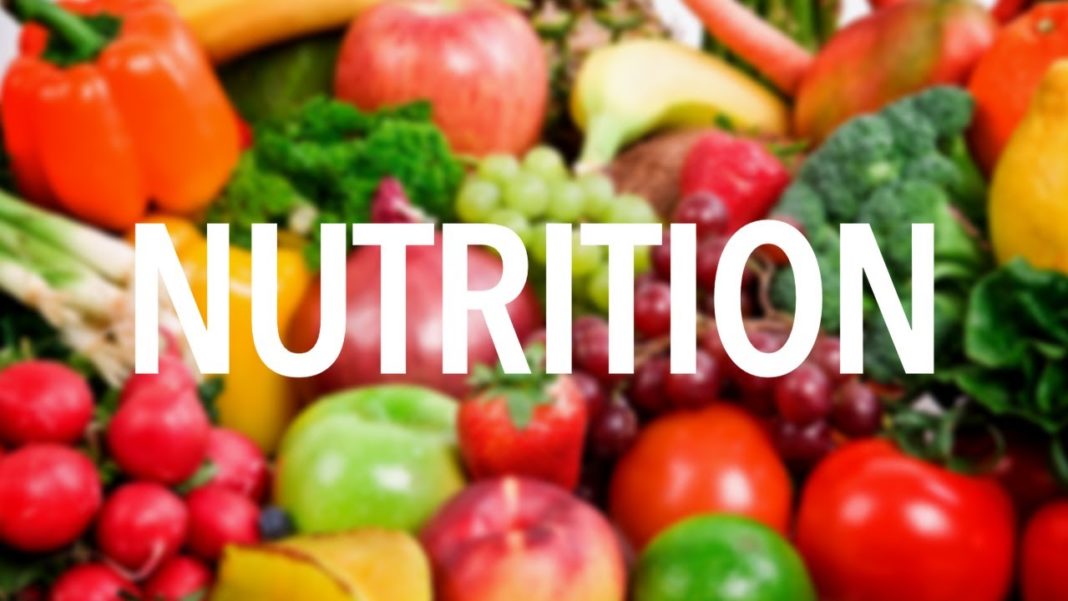The body needs various types of nutrition to keep a person healthy and fit. Nutrition can be divided into macro and micronutrients. When the body is deficient in vital macronutrients, it does not show many symptoms, but with micronutrients, some symptoms may be visible even if the needs are minimal.
Carbohydrates : It is found in all foods in the world. It is therefore not possible to have a deficit in carbohydrates.
Fat : The need for fat is very minimal, so for carbohydrates, fat deficiency is not possible either.
In the worst case, a person can have dry skin and hair, despite the cold. A low fat trainee can affect the absorption of fat soluble nutrients such as A, D, E and K.
Protein : When a person is deficient in protein, a person will be lean and skinny with sagging skin accompanied by hair loss, an increased risk of infection because the body loses the ability to fight infections, swelling of the legs in due to low amount of albumin, slow healing, fractures, because protein is necessary for bone density and strength.
Micronutrients like vitamins and minerals play an important role in the human body. Micronutrient requirements depend on your age and gender. Some of the important micronutrients are:
Vitamin A
It is necessary for the eyes and general growth and development, including healthy teeth and skin. Vitamin A is commonly found in orange and yellow fruits and vegetables. Other sources of beta carotene such as broccoli, spinach and most dark green leafy vegetables and eggs.
Deficiency leads to night blindness due to fat malabsorption
Vitamin B
It is necessary for energy production, immune function and iron absorption. People with diabetes tend to have low rates. Diabetes mellitus can increase your risk of having a B-12 deficiency, as it can be a side effect of metformin. Vitamin B is found in whole grains (brown rice, barley, millet) Eggs and dairy products (milk, cheese) Seeds and nuts (sunflower seeds, almonds)
Deficiency causes numbness or tingling in the hands, legs or feet, loose stools, dizziness.
Vitamin C
It is the lifeblood of your bones, teeth and muscle movements. Sources of calcium are milk, cheese, yogurt, and other dairy products, as well as green vegetables like kale and broccoli.
A deficiency leads to bleeding gums, nosebleeds.
Vitamin D
Calcium and vitamin D are dependent vitamins. Vitamin C needs to be consumed for vitamin D absorption to keep your bones strong and help your nerves deliver messages. Getting in the sun early in the morning without sunscreen – is the best source. The source is fish such as salmon, tuna and mackerel. There is also a little in the egg yolks.

Deficiency leads to loss of bone density contributing to osteoporosis and fractures.
Vitamin E
It is an antioxidant that protects your cells from damage caused by various reasons such as pollution, disease, etc. nuts and oilseeds like almonds, peanuts are good sources of vegetable oils (like safflower and sunflower), spinach and broccoli.
Deficiency leads to muscle weakness, problems with the immune system.
Interesting Find – Top Immunity Boosting Drinks To Drink This Summer
Vitamin K
It helps the body to clot blood and keep bones healthy. Cabbage, cauliflower, green leafy vegetables, broccoli are the food sources
A deficiency leads to excessive bleeding when the body has cuts or accidental injuries, heavy periods.
Sodium
It helps to maintain electrolyte balance in the body. The thyroid gland uses iodine to make hormones that control metabolism. A person will end up with muscle cramps if not enough salt is consumed. Sources of sodium are iodized salt (6 g / day)
Potassium
Also helps in the electrolyte balance of the body. Keep your blood pressure within a normal range, the body needs a good balance of sodium and potassium. Too low or too high levels can cause your heart and nervous system to stop. Food sources are tomato, ragi, tender coconut water, green leafy vegetables.
Chromium
Helps improve the action of insulin and keeps blood sugar stable. Thanks to this, cells absorb sugar from the blood and control blood sugar spikes. Food sources are whole grain products, broccoli, potatoes.
A deficiency leads to impaired insulin function.
Zinc
A person can taste and smell food because zinc helps heal cuts, scrapes, and wounds. Food sources are sesame and pumpkin seeds, chickpeas, lentils,
Deficiency leads to impaired immune function, causes hair loss, diarrhea.
Iron or folic acid
It is necessary to provide oxygen to your tissues. The body cannot produce enough red blood cells to allow it to carry oxygen (hemoglobin). Food sources include dark green leafy vegetables like spinach.
Deficiency leads to weakness, lethargy, shortness of breath, fatigue, pale skin.
It is therefore necessary to eat nutritious foods, including all food groups, to keep your body healthy and fit. It is also necessary for the proper functioning of the organs. A deficiency in macro or micronutrients which will cause serious health problems such as fatigue, muscle weakness, numbness or tingling, loose stools, dizziness, loss of bone density and ultimately leads to major health problems. Therefore, consuming the right foods and all types of food will keep a person healthy.















